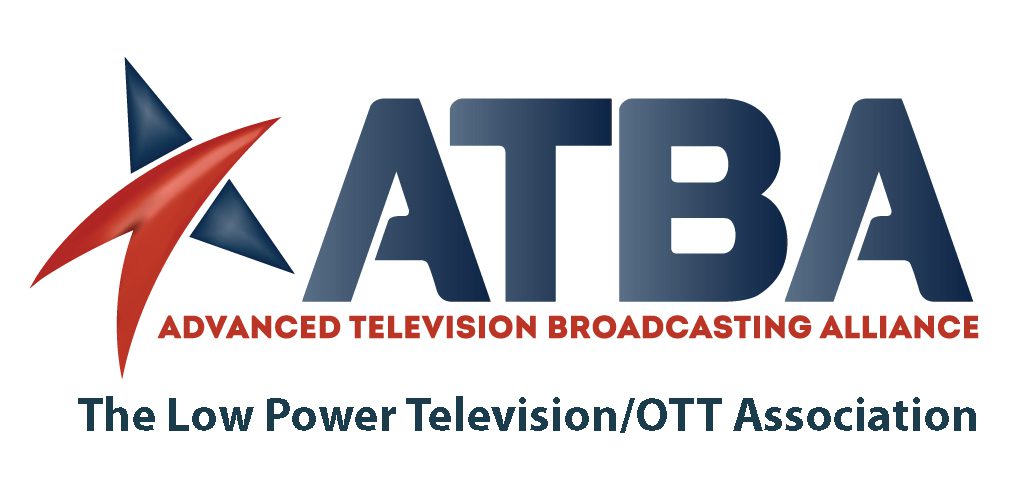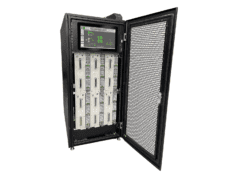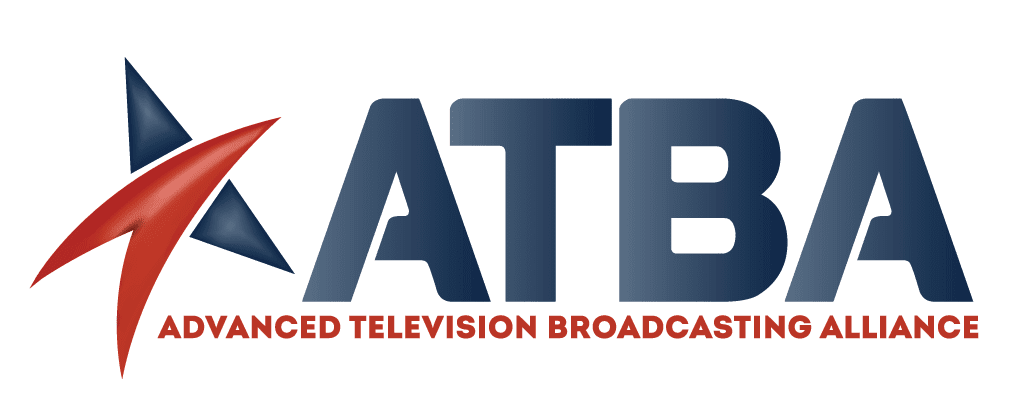In the midst of another school year impacted by the COVID-19 pandemic, America’s Public Television Stations is making the case to the FCC for the importance of broadcast datacasting via public television in providing educational materials to U.S. households that do not have access to broadband.
Recapping a meeting that APTS and PBS had with the Lyle Elder of the FCC’s Media Bureau Policy Division, APTS outlined how broadcast datacasting has already benefited children in multiple states, how it could be improved with NextGen TV and why it should not be necessary for stations to pay additional fees for funds that support datacasting.
According to APTS, of the 56.6 million school children across the U.S., 20% lack access to broadband connectivity. While public TV stations are helping by providing curriculum aligned on-air learning opportunities, supplemental resources required by State Departments of Education, usually delivered via broadband, require extra support. This is where datacasting comes in, APTS says.
Public TV stations in Pennsylvania, South Carolina and Indiana have implemented datacasting services to help deliver these supplemental resources by using their broadcast spectrum and to allow for any device with internet access to receive the materials, requiring only one Wi-Fi datacasting receiver in a home.
Read more at TV Technology.











